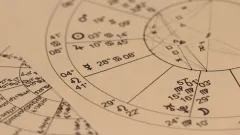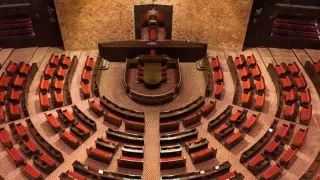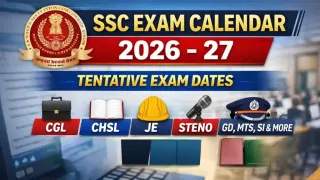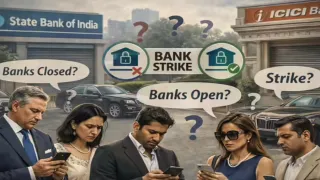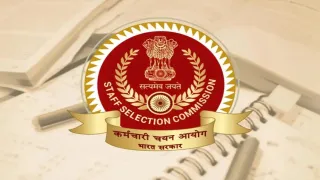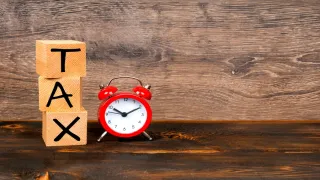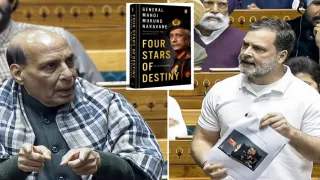In a strategic fiscal move aimed at reinforcing revenue amidst global economic turbulence, the Government of India has raised the excise duty on both petrol and diesel by Rs 2 per litre, effective immediately. While this typically would trigger a ripple effect across consumer markets, officials assure the public that retail fuel prices will remain unchanged - for now.
Why the Hike, and Why Now?
This decision comes at a time when global crude oil prices have plummeted to their lowest levels since April 2021. Brent crude has dipped by 3.4% to $63.35 per barrel, while West Texas Intermediate (WTI) is down 3.58% to $59.77. Over the week, both benchmarks have recorded double-digit losses, signaling significant volatility in the global oil market.
Yet, rather than transferring the benefits of reduced import costs to consumers, the Indian government has opted to shore up its fiscal reserves. The rationale? A combination of Trump-era tariffs, geopolitical unpredictability, and a pressing need to stabilize national revenues before the impending budget season.
'Despite international price drops, Indian consumers will not face a hike at the pump,' said a senior Oil Ministry official. 'The duty increase is structured to impact upstream channels without affecting retail pricing.'
In simpler terms, you won’t feel the pinch—at least not immediately.
Fuel prices have been largely stable since the last official reduction on March 14, 2025, just ahead of the Lok Sabha elections. That cut followed a prolonged freeze beginning on May 22, 2022, with previous excise reductions of Rs 13 on petrol and ₹16 on diesel aimed at shielding consumers from inflationary spikes.
But industry experts warn that the stability may not last.
'Any future rise in global crude rates or a devaluation of the rupee could eventually push these costs downstream,' noted energy analyst Rakesh Menon.
Stock Market Impact of Fuel Price Hike
India’s stock market was less forgiving. Investors bore the brunt of the announcement, especially within the Oil Marketing Companies (OMCs) sector:
- Reliance Industries dropped 2.80%, closing at Rs 1,170.95
- Indian Oil Corporation fell 1.65% to Rs 128
- Hindustan Petroleum saw a 2.75% dip to Rs 348.20
- Bharat Petroleum slid 1.34%, closing at Rs 275.65
Across the board, market capitalization losses have crossed Rs 19 lakh crore, sending ripples through the trading community.
The excise duty hike has reignited political controversy, with Congress President Mallikarjun Kharge lambasting the Modi government for what he called 'economic opportunism.'
'Crude prices have dropped by over 41% since May 2014, but instead of passing this benefit to the people, the government is draining wallets through higher excise,' Kharge stated in a fiery press briefing.
He also criticized the government for its silence on the market crash, accusing policymakers of being in a 'Kumbhakarani sleep' on financial matters and tariff restructuring.
Despite public outrage and market tremors, Oil Minister Hardeep Singh Puri remains cautiously optimistic. He hinted that fuel price cuts could still be on the table, provided crude prices maintain their downward trajectory.
However, experts caution that the excise hike could act as a buffer, giving the government wiggle room to delay or moderate future price drops, essentially monetizing the global slump.
- Retail prices remain stable - but this is conditional on international oil trends.
- Government revenue gets a shot in the arm, aiding post-pandemic economic rebuilding.
- Stock market jitters signal caution among investors, especially in the energy and transport sectors.
- Political friction is set to escalate, with opposition parties likely to use this as ammunition during the ongoing election cycle.
The Rs 2/litre excise duty hike may not hit your pocket today, but it underscores a broader fiscal strategy at play. With elections around the corner and global oil dynamics in flux, this move reveals a government balancing between economic prudence and political calculus.
For now, Indian consumers may not see a price surge - but in an interconnected global economy, today’s decisions often echo longer than expected.
Also Read: Bollywood Legend Manoj Kumar Dies at 87 in Mumbai












